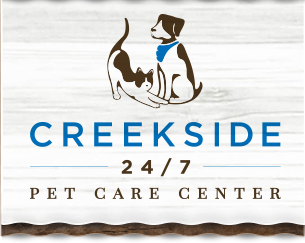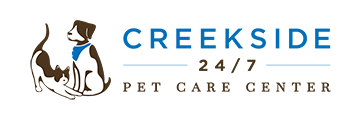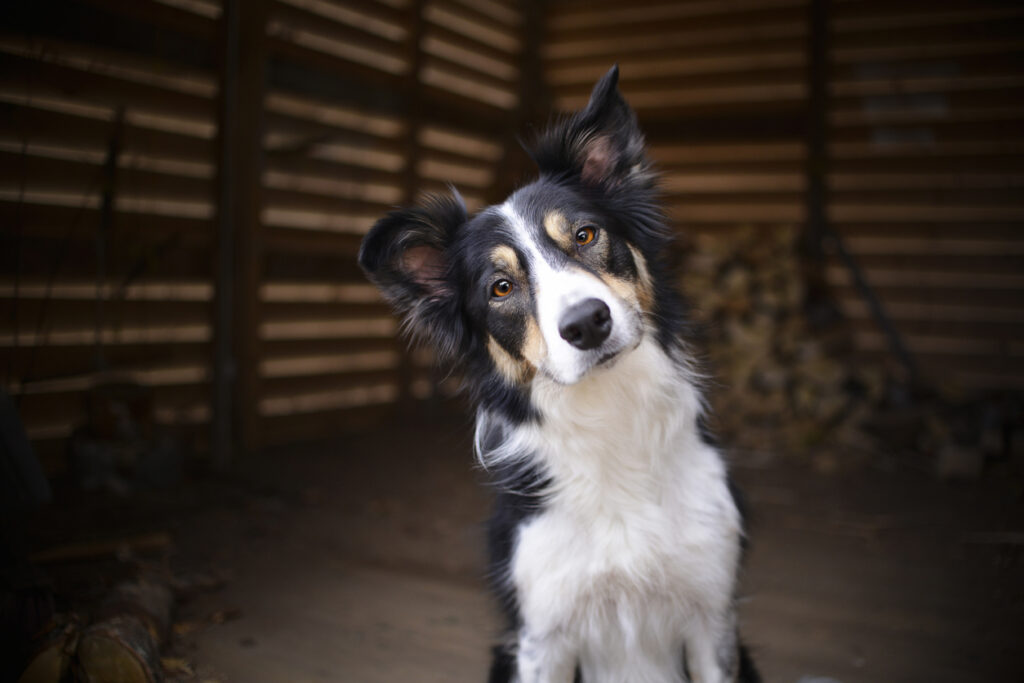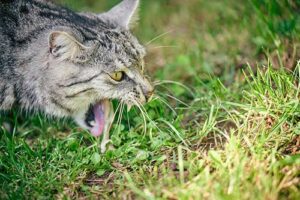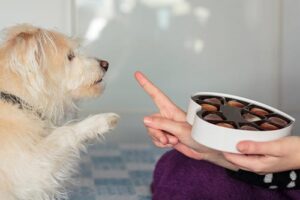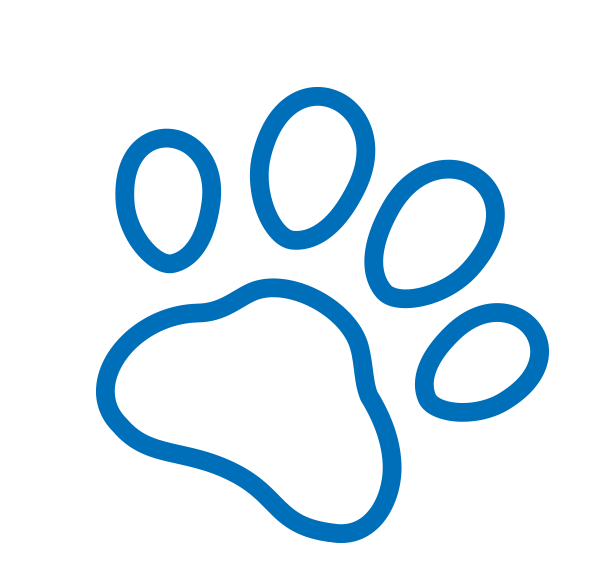As any dog owner will tell you, our furry friends have some peculiar habits. But one of the most unsettling to witness is when a dog starts eating poop – its own or from other animals. This is known as coprophagia and is a concern for many pet parents in Keller, Texas, and beyond.
In today’s post from the Creekside Pet Care Center, we’ll discuss why your dog might be partaking in this unappetizing behavior and offer solutions to help put an end to it. If you need immediate assistance, call us at (817) 421-5850 or book an appointment online.
Why Do Dogs Eat Poop?
A Look into Coprophagia in Dogs
Dogs engage in coprophagia due to a variety of reasons. It could stem from behavioral issues, health problems, or even as a result of their evolution. Puppies, for instance, might do this out of curiosity and often outgrow it. Adult dogs, however, may develop this habit due to factors like stress, attention-seeking, or boredom.
Potential Health Concerns
In some instances, coprophagia can indicate underlying health issues. Nutritional deficiencies, conditions that cause increased appetite like diabetes or thyroid problems, and malabsorption syndromes are all potential culprits. Parasites could also drive a dog to eat feces, as some parasites can leach nutrients, leaving your dog nutritionally deprived and seeking to supplement its diet in unappealing ways.
If your dog’s coprophagia is accompanied by other symptoms like weight loss, increased appetite, or changes in behavior, it’s critical to get them checked out by a professional. At Creekside Pet Care Center, our experienced team can help diagnose any potential health issues that might be contributing to your dog’s behavior.
Practical Ways to Stop Your Dog from Eating Poop
Training and Positive Reinforcement
The first step to rectifying this problem is implementing training techniques to deter your dog from eating feces. Teaching commands like “leave it” or “come” can be highly effective. Pair these commands with positive reinforcement like treats or praises when your dog obeys to encourage the desired behavior.
Dietary Adjustments
If your dog is eating poop, it may not be getting enough nutrients from its diet. Make sure you’re feeding your dog high-quality, balanced dog food. You can also try adding enzymatic supplements to their meals, which can help increase nutrient absorption.
Seek Professional Help
Sometimes, despite our best efforts, we may need to seek professional help to rectify the issue. Behavioral therapists and veterinarians can provide more specific strategies tailored to your dog’s unique needs.
At Creekside Pet Care Center, we’re here to support you through all your pet’s challenges, even the messy ones. If your dog’s coprophagia continues to be a concern, don’t hesitate to reach out. We offer comprehensive pet health services in Keller, Texas, to help ensure your dog lives its happiest, healthiest life possible. To schedule an appointment, call (817) 421-5850 or book an appointment online today.
While it can be distressing to see your pet engage in coprophagia, understanding why it happens and how to address it can make a significant difference. With patience, consistency, and possibly some professional assistance, you can help your dog kick this unpleasant habit for good.
